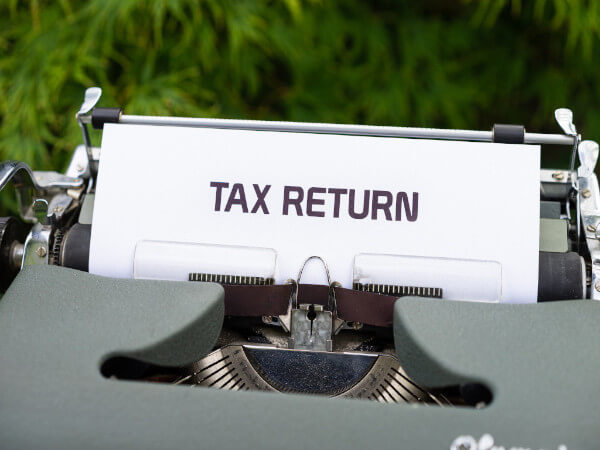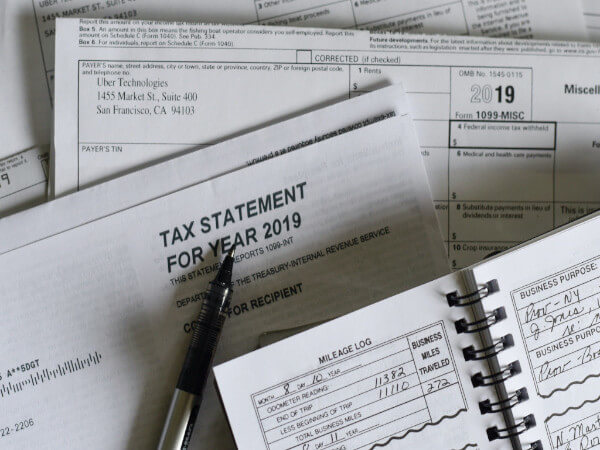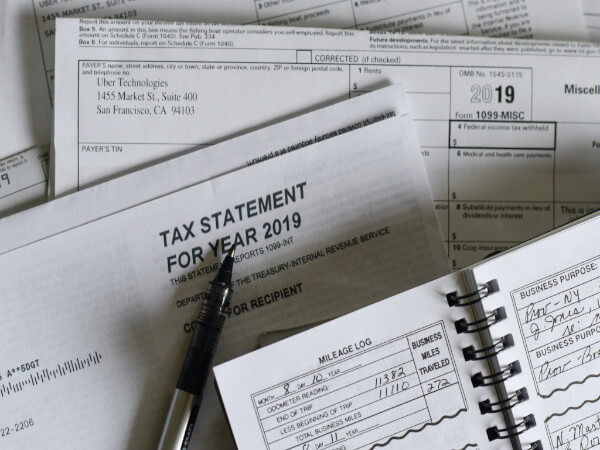Day: November 2, 2021
Minority no ground to deny permission for organ donation- Delhi HC
The Delhi High Court, with respect to an organ donation case, made an oral observation that a person could not be declared as “ineligible” for donating organs merely on the ground that he/she is a minor. In the instant case, the petitioner filed a petition to challenge the order of Deputy Head of Operations, Institute of Liver & Biliary Sciences (ILBS) that denied permission to 17-year-old petitioner from donating a part of his liver on account of him being a minor. The counsel on behalf of petitioner averred that the other two eligible individuals, petitioner’s mother and elder mother, had been denied permission on ground of medical reasons. Based on this reason, the petitioner sought for appropriate directions from Delhi Government and ILBS but the same had been denied. The bench referred to governing provision under Transplantation of Human Organs & Tissues Rules, 2014, Rule 5(3)(g) which does not authorize transplantation of living tissues and organs by a minor except under exceptional medical grounds. Relying on the above provision, the bench observed that in the instant case, exceptional medical grounds had been present and yet the authorities had passed an unreasoned order. The bench further remarked that the act of authorities has not been in furtherance of saving a life. It suggested that the application could’ve been rejected if the eligibility had not been met, but outright bar, which is not even mentioned in the statute, could not be imposed on petitioner. Subsequently, the counsel on behalf of respondent pointed out the importance of minor’s life and pleaded before the bench to let the competent authority take a call after ascertaining that the donation would not cause any harm to the minor. The bench has adjourned the matter and directed the respondent to obtain instructions for the purpose of further
Read MoreCase analysis: Defending the COVISHEILD Trademark
Background Following the Classic Trinity Test, Serum Institute of India successfully defends the trademark “COVISHIELD” for its own Covid-19 vaccine in a passing-off action brought by a Nanded-based patented firm. The Bombay High Court’s recent decision denouncing Cutis Biotech’s petition to prevent SII from ever using trademark ‘Covishield’; for its vaccine has laid the groundwork for the reduction of vexatious lawsuits. The Hon’ble Court, through discarding Cutis Biotech’s appeal; stated that ‘Covishield’ is a widely known Coronavirus vaccine. The State’s Vaccine Administration Program will be confused and disrupted; if a temporary restraining order directing SII to stop using the mark “Covishield”. In this case, an injunction would have far-reaching consequences that would extend further than the parties to the lawsuit. Procedural History Before the District Judge : Nanded Around December 2020, a Nanded-based patented firm, through its sole proprietor Mrs Archana Ashish Kabra, filed a lawsuit toward Serum Institute of India (herein referred to as SII) and Anr. (one, Mr. Bhandaru Srinivas), desiring an order of injunctive relief prohibiting SII from using the trademarks ‘Covishield’ and/or ‘Covid shield’ for their COVID-19 vaccine. Cutis Biotech asserted that they had adhered to the trademark “Covishield” before SII, and also that their sanitisers and disinfectants had begun to circulate throughout the market under the same title. SII filed an application under Order 7 Rule 11(d) of the Code of Civil Procedure, 1908; requesting that the plaint be dismissed on the grounds that the lawsuit was just not maintainable under section 134(2) of the Trademark Act, 1999. Before the Commercial Court: Pune Cutis Biotech submitted a Commercial Suit in the District Court of Pune; together with an appliance for a temporary injunction, while the Nanded suit had been pending adjudication. Contentions: Cutis Biotech It was contended; that they coined the term “Covishield” for pharmaceutical and
Read MoreSC stays the proceedings challenging the EWS quota initiated before Kerala HC
The Apex Court, while issuing a notice in a plea filed by Central Government, stayed the proceedings under a petition which had been filed before the Kerala High Court to challenge the grant of 10% reservation in jobs and admissions to the candidates falling under the category of Economically Weaker Sections (EWS). The Central Government had sought for a transfer of the petition from Kerala High Court to the Apex Court on the ground that the instant court had already seized the matter. The petitioner in his petition contended that the Articles inserted by way of 103rd Constitutional Amendment stand invalid as it extended reservation to EWS on ground of economic growth. The petition filed before the Kerala HC is not one of its kind against the reservation which has been extended to the economically weaker sections. According to a record, a batch of petitions have been pending before the Supreme Court which have unanimously challenged the validity of 103rd Constitutional Amendment. The new amendment to the Indian Constitution provides horizontal reservation for economically weaker sections in jobs and education. By virtue of Articles 15(6) and 16(6), the EWS quota of 10% would be in addition to the earlier reservations i.e. SC, ST and OBC. At the time of former CJI, Justice SA Bobde, similar issues had been referred to a 5-judge bench in the case of Janhit Abhiyan v Union of India. The bench raised the issues- whether posts could be reserved solely on the basis of economic criterion, and whether EWS quota in excess of 50% ceiling limit justifiable. The bench led by former CJI had observed that the issue involves substantial question of law and ought to be resolved as it concerns the upliftment of EWS, but not at the cost of culmination of opportunities for the
Read MoreEssay Writing Competition hosted by Centre for Advanced Studies in Criminal Law, at Rajiv Gandhi National University of Law (RGNUL), Punjab
bout the Centre For Advanced Studies In Criminal Law RGNUL has established the Centre for Advanced Studies in Criminal Law (CASCL) to undertake: advanced study and research in the emerging areas of criminal law; professional training including sensitization on application and enforcement of criminal law in the fair and coherent manner; research projects independently or in collaboration with professional organisations at the national and international level; to bring about publications and produce study material on various aspects of criminal law and to organize seminars, workshops and conferences on contemporary and significant issues of criminal law. bout the Competition CASCL brings to students its Essay Writing Competition in order to provide writers a platform to test their adroitness for writing and an opportunity to explore a wide range of challenging and interesting questions beyond the college curriculum. The objective of the competition is to encourage students to inculcate an interest for studies in criminal law along with a passion for writing. Theme Exploring Gender Justice: The Laws and the Lacunae Eligibility The competition is open to students enrolled in UG Or PG courses from any recognised university. Prizes 1st Prize: ₹10, 000 2nd Prize: ₹7, 000 3rd Prize: ₹5, 000 E-Certificates shall be awarded to top 10 entries E -Certificate of Participation shall be awarded to all the participants. Registration Registration is free of cost. Link to register: https://docs.google.com/forms/d/e/1FAIpQLSe3173gACb5JJ2fExVfwpPFqiOIzrnPky9P53cdYgbkgycUaA/viewform Deadline Deadline for submission and registration is 10th November 2021, 11:59pm. Please go through the Brochure for more details. For any further queries, contact- Tanya Mayal- +91 8196019150 (Convenor, CASCL) Rishav Devrani- +91 7895191377 (Convenor, CASCL) Poster for the Event The post Essay Writing Competition hosted by Centre for Advanced Studies in Criminal Law, at Rajiv Gandhi National University of Law (RGNUL), Punjab appeared first on LexForti Legal News & Journal. Did you
Read More








